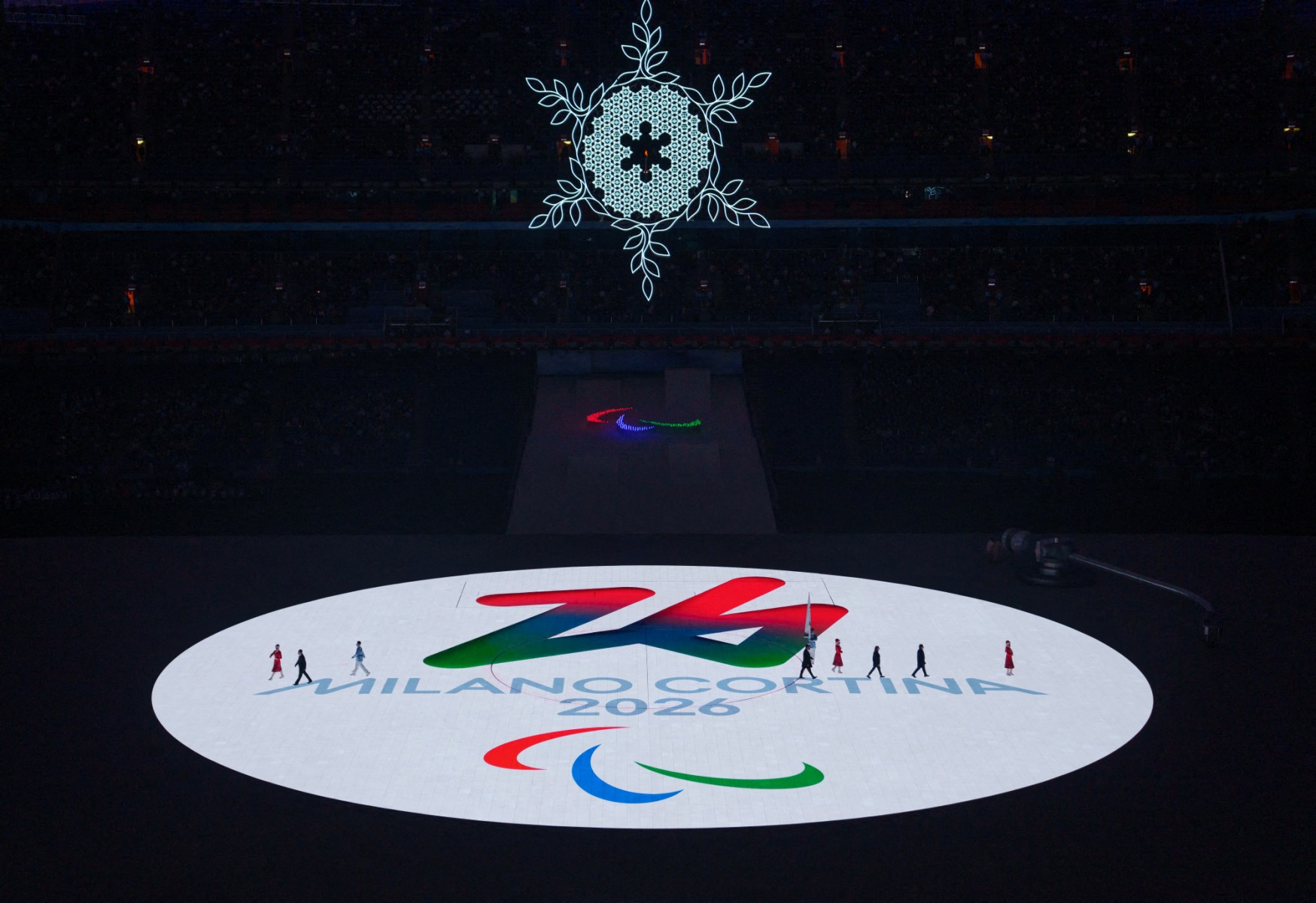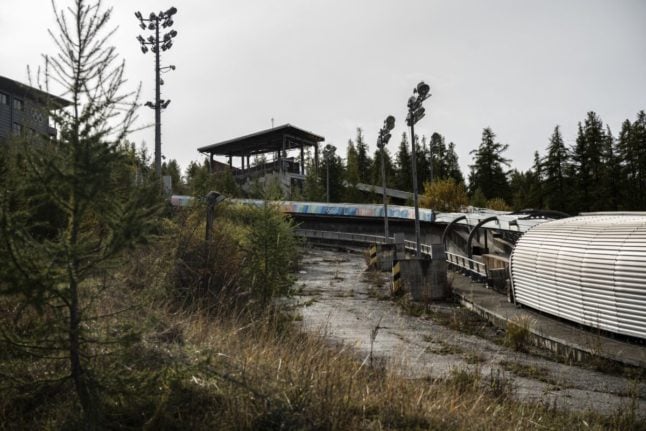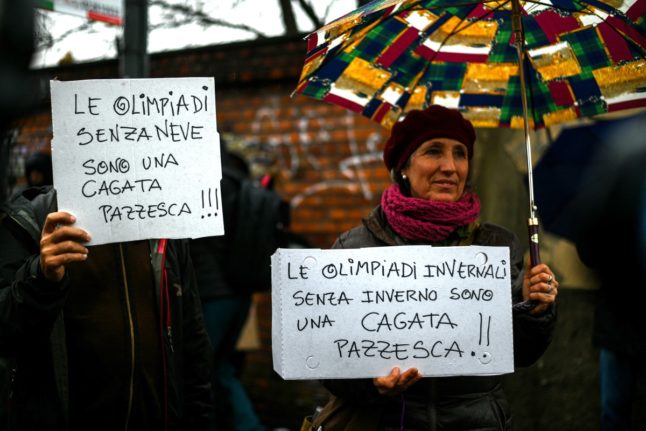The 2026 Olympics will be the first Winter Games in which one country does not host all of the competitions, after Italian organisers in October announced that bobsled, luge and skeleton will not take place in the country at the 2026 Milan-Cortina Winter Games.
Now, with just over two years until it starts, organisers are also unsure if doping tests can be carried out in Italy as the country’s only WADA-accredited testing site is not ready.
Rome’s FMSI laboratory is nestled between rugby and hockey fields and fencing halls at an Italian Olympic Committee training centre to the north of the centre of the Eternal City, and is in the crosshairs of the world’s anti-doping authority.
“We’re in a race against time, and we don’t have any more to lose,” says the laboratory’s director Francesco Botre.
“WADA carried out an inspection in 2017 and had nothing to say about the quality of our work. But they told us that our lab is too small and in too close proximity to the athletes.
“They told us we had two years to expand the facility, but in meantime the 2026 Winter Games were assigned to Milan-Cortina. There was no way the proposed expansion could have handled the increase in testing for the Olympics so WADA gave us more time.”
‘Olympic overload’
This increase, or 150 samples per day during the Olympic and Paralympic Games (to be held respectively between February 6-22 and March 6-15), would take the number of annual analyses carried out from the current 12,000 to 20,000.
That “Olympic overload” would be an impossible task for the current team of 25 in the 400 square-metre lab, which is significantly smaller than the 3000m2 available in the facility being used for next year’s summer Olympics in Paris.
In stasis for two years due to the coronavirus pandemic, the expansion project didn’t really get going until this year, with a building identified which is “isolated and self-sufficient as WADA requires”.

But they need 11 million euros of funding for planning, the purchase of new analysis equipment and the actual move, a sum which will increase to around 20 million euros once operational costs during the Games are taken into account.
The Milan-Cortina organisation committee has referred all questions to Italy’s Sport Ministry, which did not respond to AFP’s requests for comment.
In order to be fully operational one year before the start of the Winter Games as required by WADA, Botre and his team will need to have relocated no later than July next year.
“Afterwards there will be all the work of calibrating the equipment so that they can identify 400 different substances,” says Botre.
Bobsleigh abroad?
If the Rome facility is not ready on time, testing will have to be carried out abroad, in Paris or Cologne.
That would be a new blow for organisers who due to a lack of time, money and political will are set to send the Games’ sliding events north of the Alps.
After the decision was made in October not to rebuild a track in Cortina due to high costs, the bobsled, luge and skeleton events are now expected to be held in Austria or Switzerland – though a previous offer to host them in Innsbruck, Austria, was rejected.
There were also issues surrounding some of the other facilities that need to be built. Plans to hold speedskating at Baselga di Piné were scrapped after authorities deemed the project too expensive.
Milan has offered to host it at Fiera exhibition center, while another option could be the existing indoor oval built for the 2006 Turin Olympics.
With an ever-dwindling pool of countries that can feasibly host a Winter Olympics because of climate change, Olympic Games executive director Christophe Dubi told AP news earlier this year that the IOC is considering the option of rotating hosts, and heralded “a new era” of the Olympics in “using what already exists” rather than building new facilities.



 Please whitelist us to continue reading.
Please whitelist us to continue reading.
Member comments